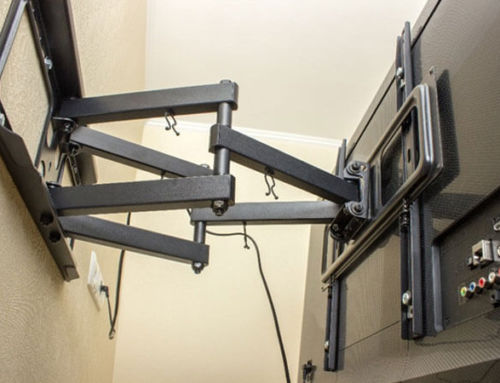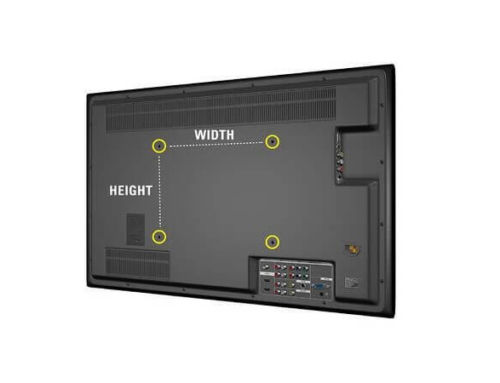Is Leaking Freon Harmful?
Contact with Freon can cause serious problems, whether it is because of working in the HVAC industry or using refrigerant products for other reasons. When inhaled deeply, this substance will cut off the oxygen of lungs and body cells.
When exposure to Freon and serious poisoning are caused, the following symptoms may occur: pulmonary effusion or bleeding, esophageal burning sensation, decreased mental state, dyspepsia, arrhythmia and loss of consciousness.
More typical Freon poisoning
What we described above is the most extreme situation that can occur when inhaling Freon. More typically, in case of Freon leakage, someone may be exposed to the substance and may have some less serious symptoms, such as headache, nausea, vomiting, dizziness and cough.
If Freon is splashed on the skin, a rash may occur. If Freon is a liquid, it will produce frostbite symptoms.
If you find that you or others have been exposed to Freon and have symptoms, please stay away from the area. Once you are away from the substance, the symptoms will disappear and there are unknown long-term effects.
What exactly is Freon? Why was it invented?
People need a way to keep food cool. At the end of the 19th century, people invented some type of refrigerator. Unfortunately, cooling is achieved through the use of toxic gases. When methyl chloride leaks from refrigerators, people will die, so these refrigerators are often placed outdoors.
In order to find a safer solution, three U.S. companies DuPont, Frigidaire and General Motors cooperated. Freon was invented in 1928. This is a safer alternative, and refrigerant leakage is no longer a fatal event that may have occurred before.
In fact, in 1930, Midgley submitted the substance to the American Chemical Society. He inhaled some Freon deeply, then inhaled it into the lighted candle and extinguished the flame. This shows that Freon is not flammable, although later evidence shows that regular inhalation of Freon may lead to serious or even fatal health consequences.
In 1932, this “miracle” material began to be used in household air conditioner units. By 1935, freon was used in eight million new refrigerators. Therefore, freon is a major progress in refrigeration and air conditioner technology.
Finally, it was found that Freon (now known as R22), although a safer refrigerant for mankind, was destroying the ozone layer in the environment. Fortunately, there are now more environmentally friendly alternatives to refrigerants.
What happens when Freon leaks
When installing and maintaining the air conditioner unit, one of the jobs of the installer is to ensure that the amount of refrigerant in the system is just right. When it works normally, the refrigerant does not need to be filled up because this substance can be recycled. However, in case of leakage, the refrigerant available for unit will be reduced, so the efficiency will be reduced.
Five signs of refrigerant leakage
Your air conditioner unit doesn’t cool well
If your house takes longer to become comfortable, or if it doesn’t cool enough even if you turn down the temperature, it may be a sign of refrigerant leakage. This is something that the maintenance personnel will check and confirm.
Your electricity bill is going up
When this happens, freon leakage is not the only possibility, but it must be one of them. If you notice a peak in the bill, especially when you notice one or more other signs at the same time, you should check your unit for refrigerant leakage.
You hear hissing sounds
If the refrigerant slips through a crack in the air conditioner unit coil, it may make a strange hiss. Although strange noise from AC unit can mean a variety of things, leakage is one of them.
Your evaporator coil is icy
The evaporator coil is part of the outside of the air conditioner unit, which leads to the outside of the house. If ice accumulates on the coil, or frozen condensate appears to have melted and dripping, it may indicate a leak.
Some things stink
Freon leakage may have a very strange smell. If you notice this, it makes sense to check your air conditioner unit.
Leaks of different sizes
Leaks in AC units can be very small, even pinhole size. In this case, technicians can usually find tiny bubbles in the coil. When the vulnerability is small, it’s best to catch the problem instead of waiting for the vulnerability to become larger. The bigger the hole, the bigger the problem.
When you regularly maintain the HVAC system, the possibility of unit failure will be reduced.


